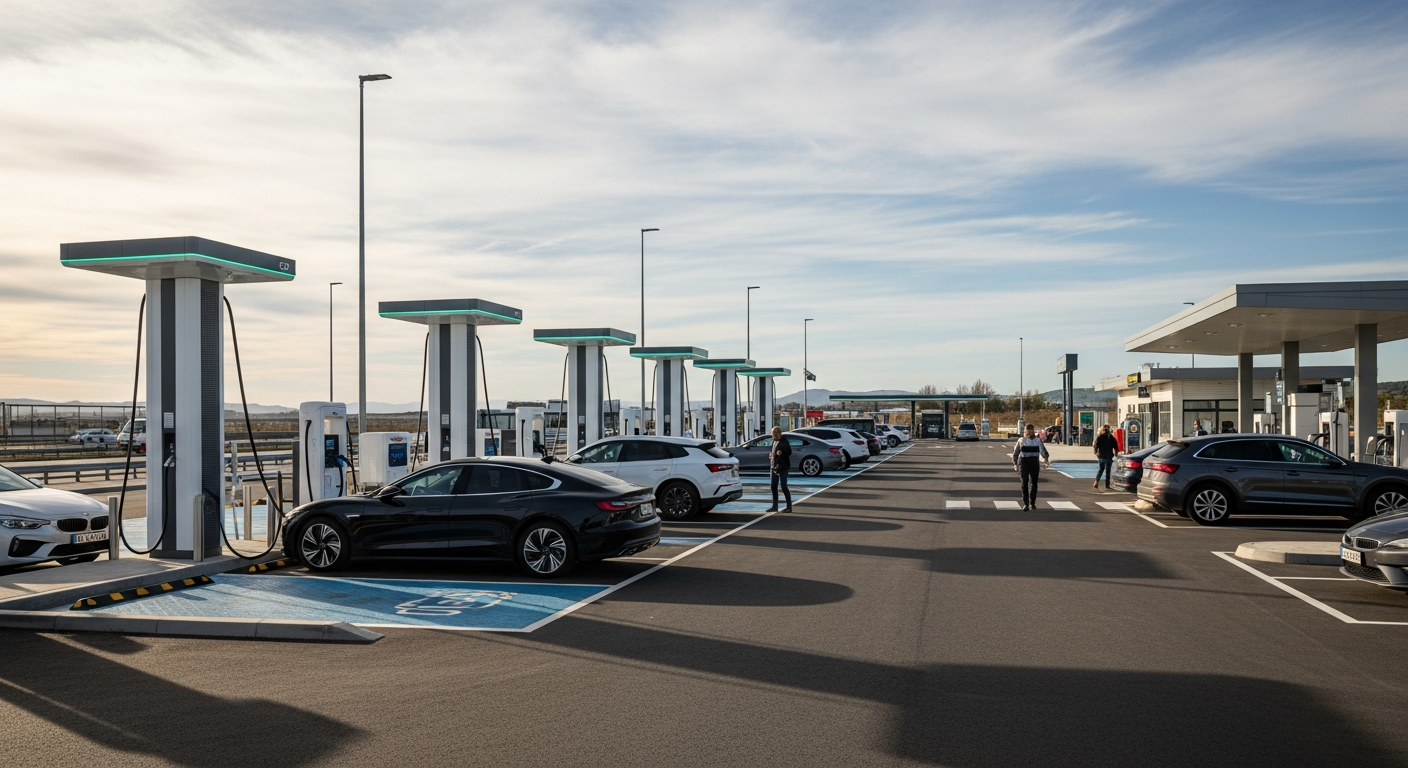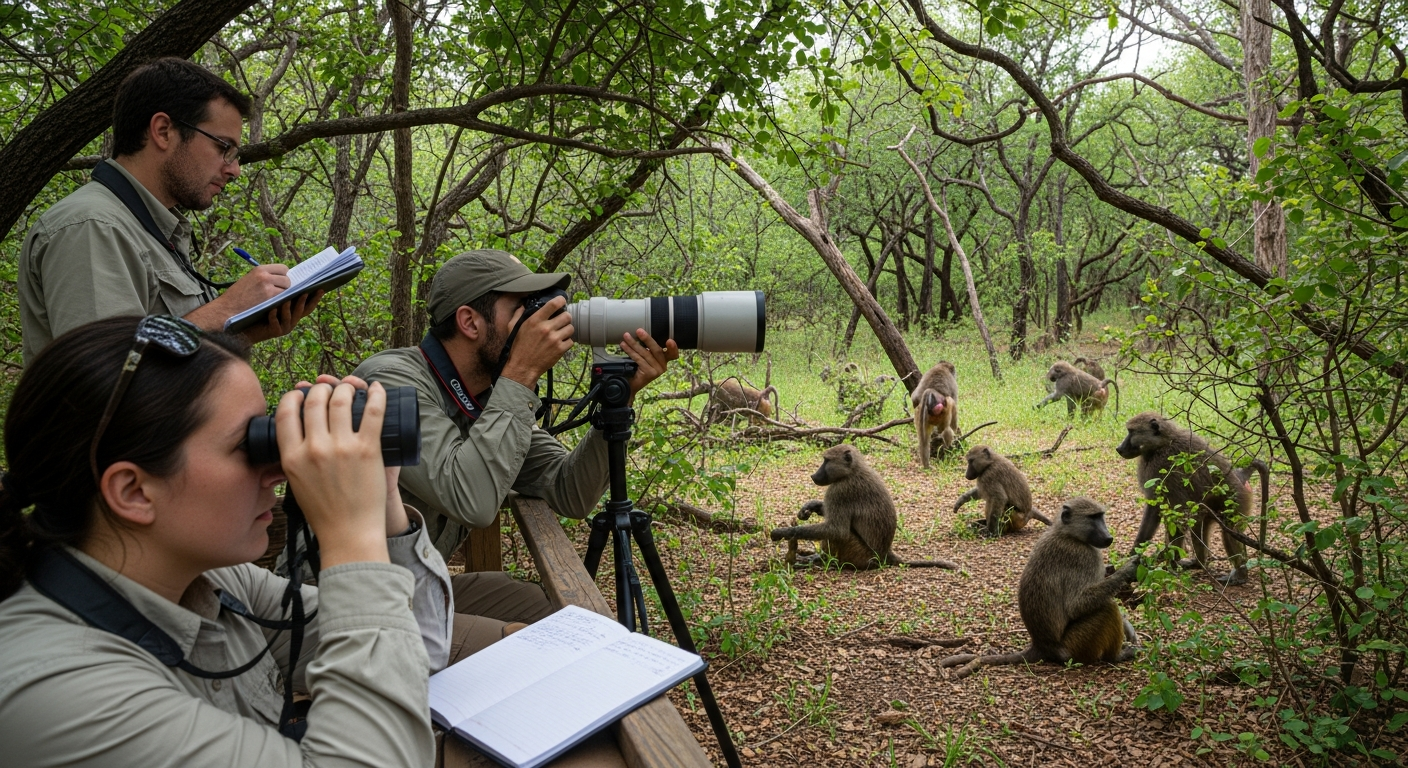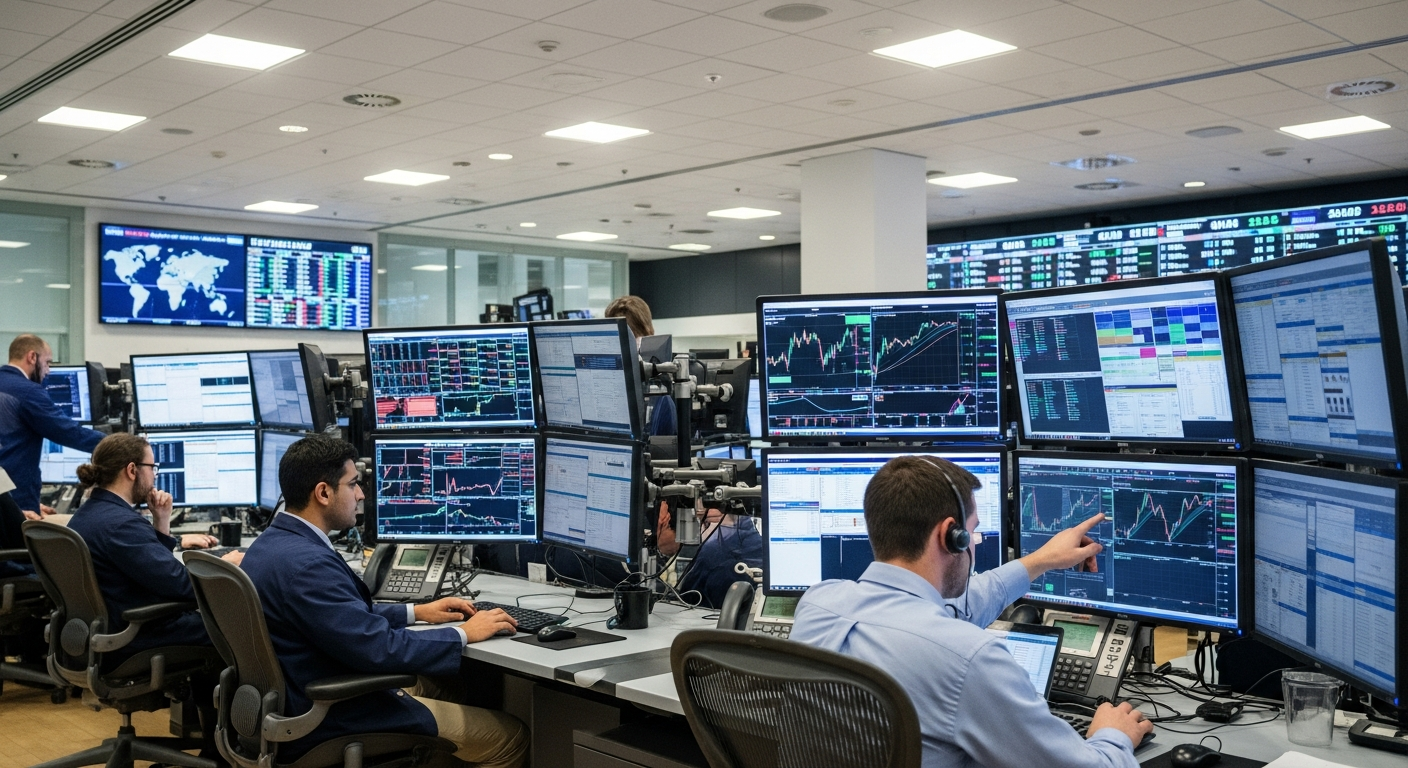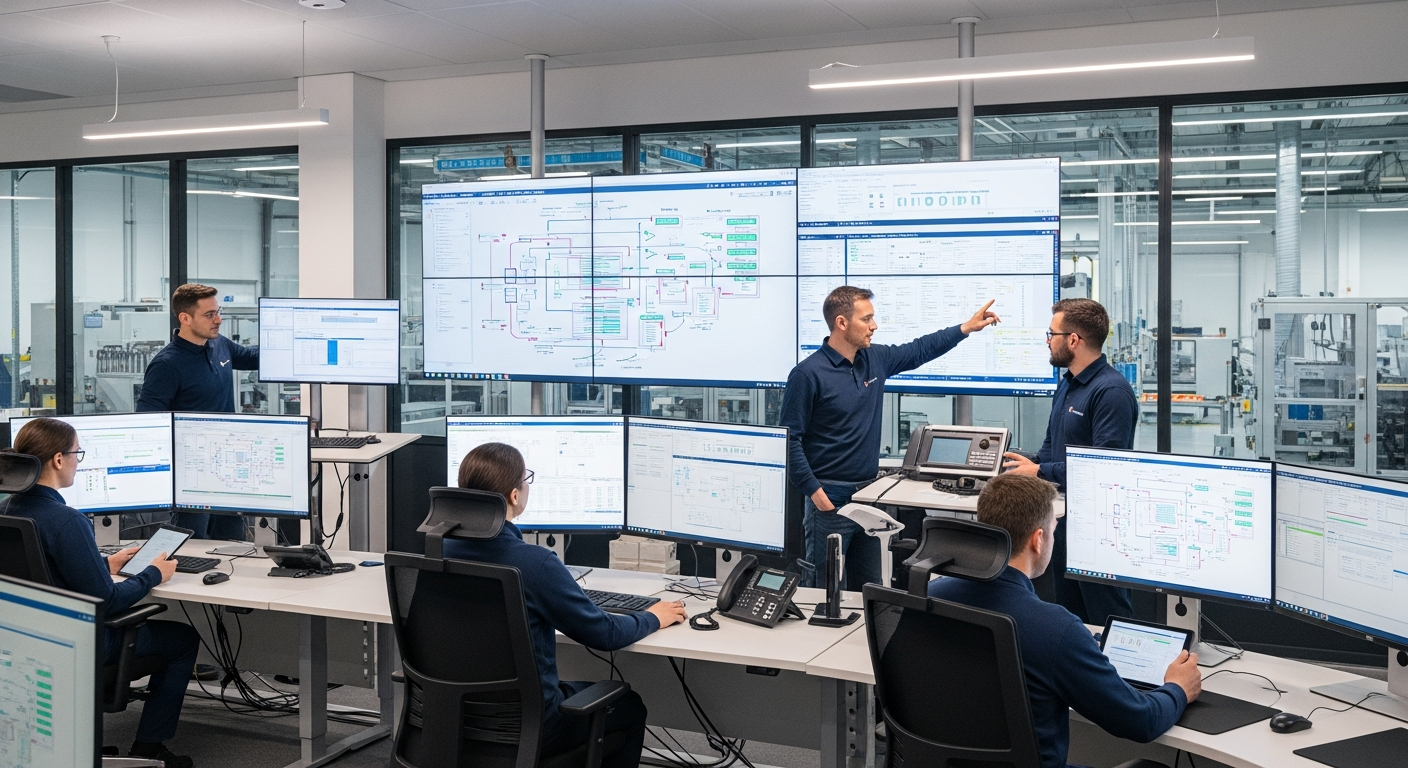Intergenerational Knowledge Transfer in the Digital Age
In an era of rapid technological advancement, the dynamics of sharing wisdom across generations are evolving. Traditional methods of passing down knowledge face new challenges and opportunities in our interconnected world. How are societies adapting to ensure valuable insights aren't lost in the digital noise? Read below to explore the shifting landscape of intergenerational knowledge transfer and its implications for our collective future.

The Industrial Revolution marked a significant shift in how knowledge was valued and transferred. Formal education systems gained prominence, and the rapid pace of technological change sometimes led to a devaluation of traditional wisdom. The 20th century saw further acceleration, with mass media and globalization reshaping the landscape of information exchange.
Digital Disruption and Its Impact on Generational Wisdom
The advent of the internet and digital technologies has fundamentally altered how information is created, stored, and shared. While this has democratized access to knowledge, it has also presented challenges to traditional modes of intergenerational learning. Younger generations now have unprecedented access to information, often leading to a perceived reversal of the traditional knowledge flow.
Social media platforms and online communities have become new spaces for intergenerational dialogue, but they can also reinforce age-based echo chambers. The rapid obsolescence of technical skills has sometimes led to a dismissal of older generations’ expertise, even as their life experience and emotional intelligence remain invaluable.
Bridging the Gap: Innovative Approaches to Knowledge Sharing
Despite these challenges, many communities and organizations are finding creative ways to facilitate meaningful intergenerational knowledge transfer. Digital storytelling projects are preserving oral histories in accessible formats. Mentorship programs are being reinvented for the digital age, utilizing video calls and collaborative online platforms to connect experienced professionals with younger learners.
Some companies are implementing reverse mentoring initiatives, where younger employees share digital skills with older colleagues, fostering mutual respect and learning. Educational institutions are exploring mixed-age classrooms and community engagement projects that bring together diverse age groups to solve local problems.
The Role of AI in Preserving and Transmitting Wisdom
Artificial intelligence is emerging as a powerful tool in the preservation and dissemination of intergenerational knowledge. Machine learning algorithms can analyze vast amounts of historical data, helping to identify patterns and insights that might otherwise be lost. AI-powered chatbots and virtual assistants are being developed to serve as repositories of cultural knowledge, allowing users to engage with historical figures or access traditional wisdom in interactive ways.
However, the integration of AI in knowledge transfer raises important ethical questions. How do we ensure that AI systems accurately represent diverse cultural perspectives? What role should human judgment play in curating and contextualizing AI-generated insights?
Cultivating Intergenerational Resilience in a Changing World
As societies grapple with global challenges like climate change, pandemics, and economic instability, the need for intergenerational cooperation and knowledge sharing becomes increasingly critical. Younger generations bring fresh perspectives and technological fluency, while older generations offer historical context and hard-won wisdom about navigating uncertain times.
Forward-thinking communities are creating spaces for intergenerational dialogue on pressing issues. Climate action groups are bringing together activists of all ages to share strategies and support each other. Health initiatives are tapping into the experiences of older adults who have lived through previous public health crises to inform current responses.
The Future of Wisdom: Balancing Tradition and Innovation
As we look to the future, it’s clear that effective intergenerational knowledge transfer will require a delicate balance between honoring traditional wisdom and embracing new modes of learning. Cultural institutions are exploring how augmented and virtual reality can create immersive experiences that bring historical knowledge to life for younger audiences.
Educational curricula are being redesigned to emphasize not just the acquisition of information, but the development of critical thinking skills that allow learners to evaluate and integrate diverse sources of knowledge. Lifelong learning programs are gaining traction, recognizing that in a rapidly changing world, the transfer of knowledge is no longer a one-time event but an ongoing, multi-directional process.
The challenges of the 21st century demand a new paradigm of intergenerational knowledge transfer—one that values the insights of all age groups and leverages technology to bridge divides rather than deepen them. By fostering curiosity, empathy, and open dialogue across generations, we can create a more resilient and innovative society, equipped to face the complexities of our shared future.






